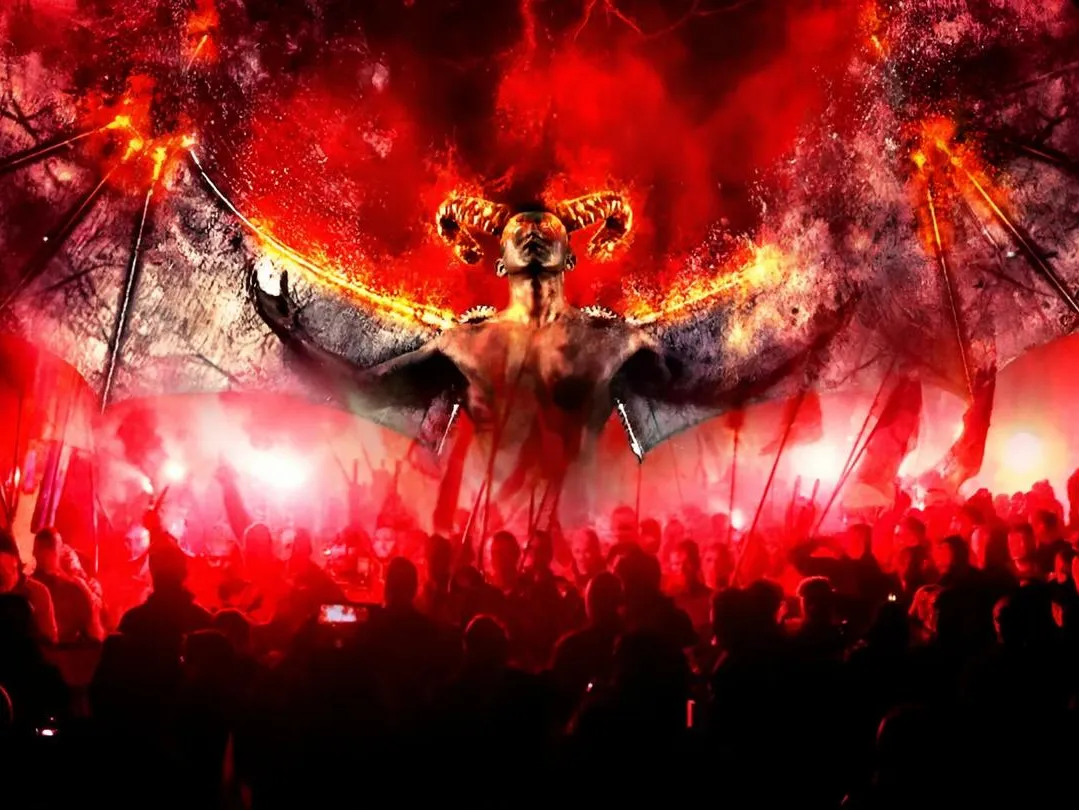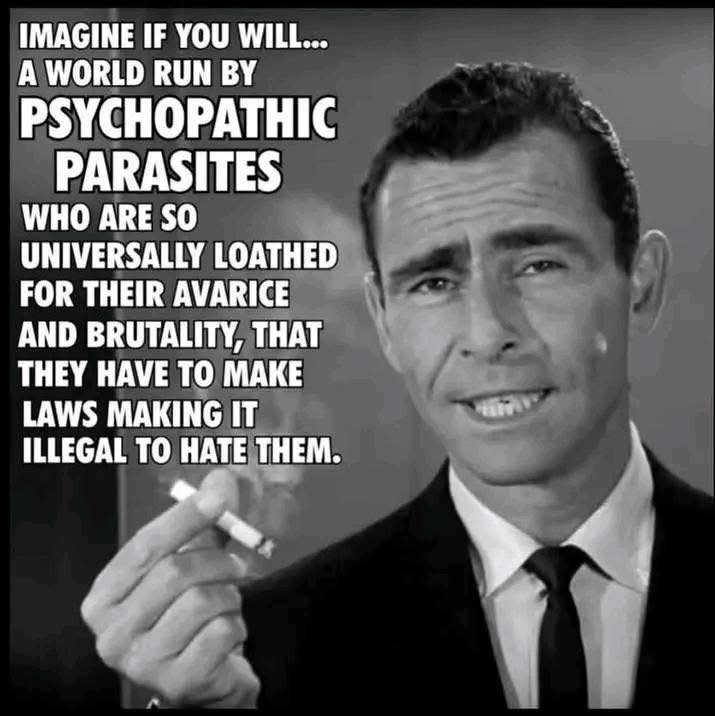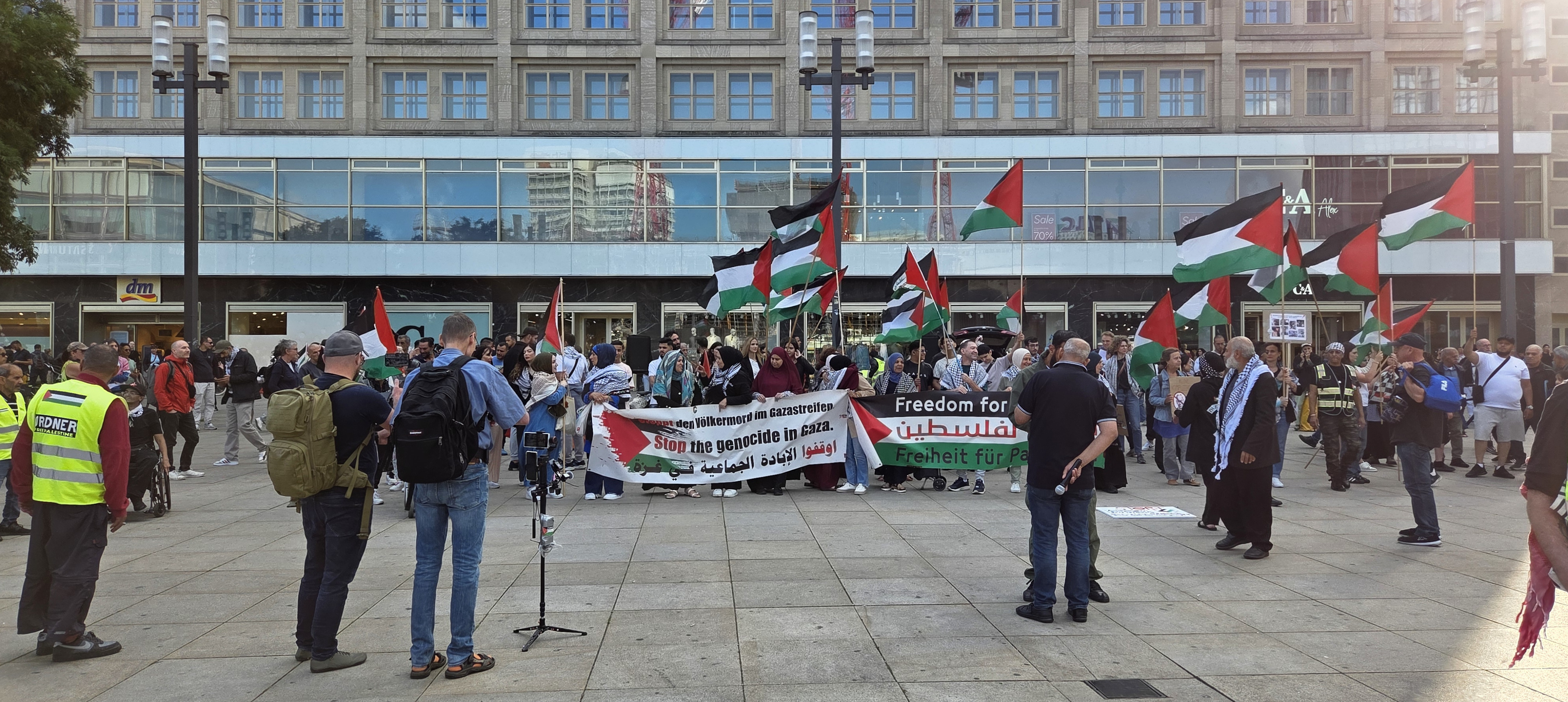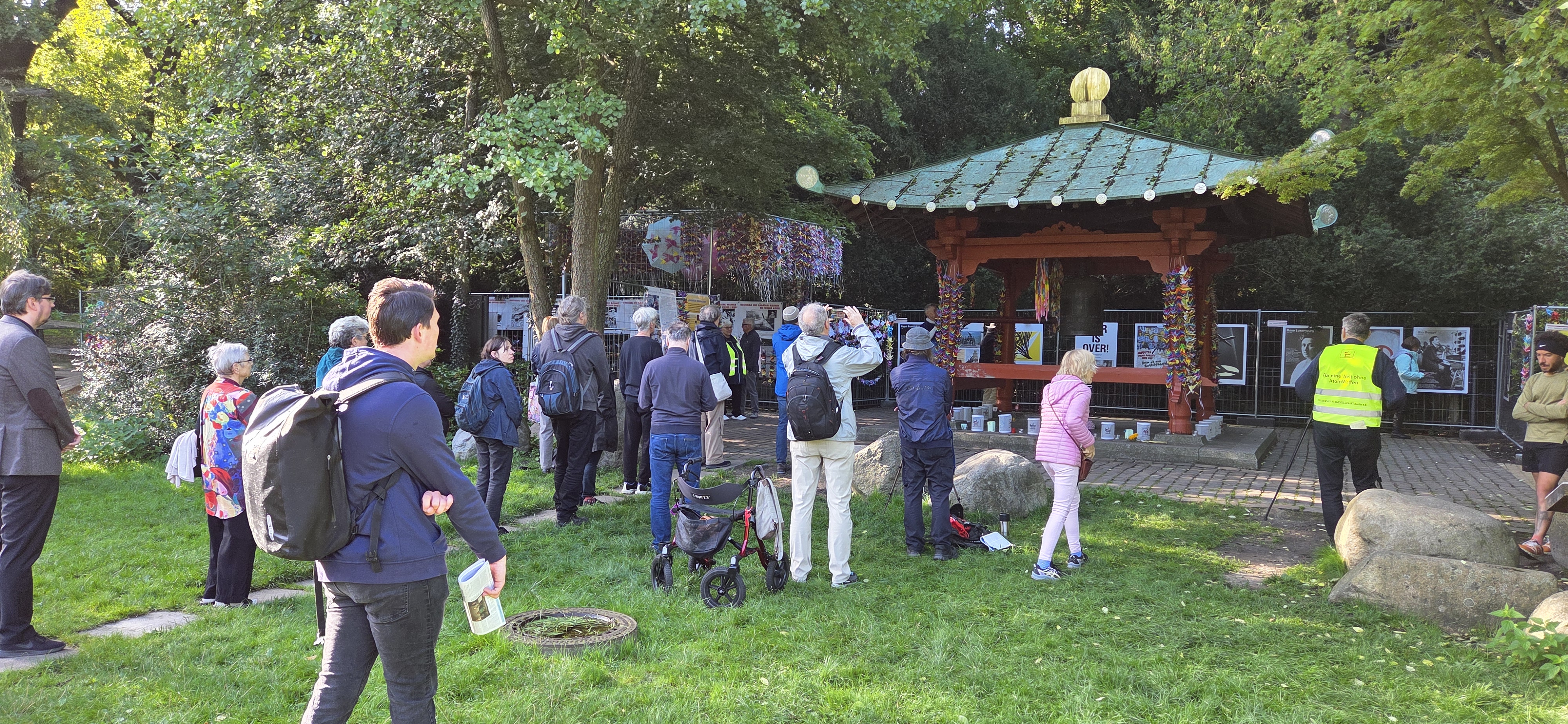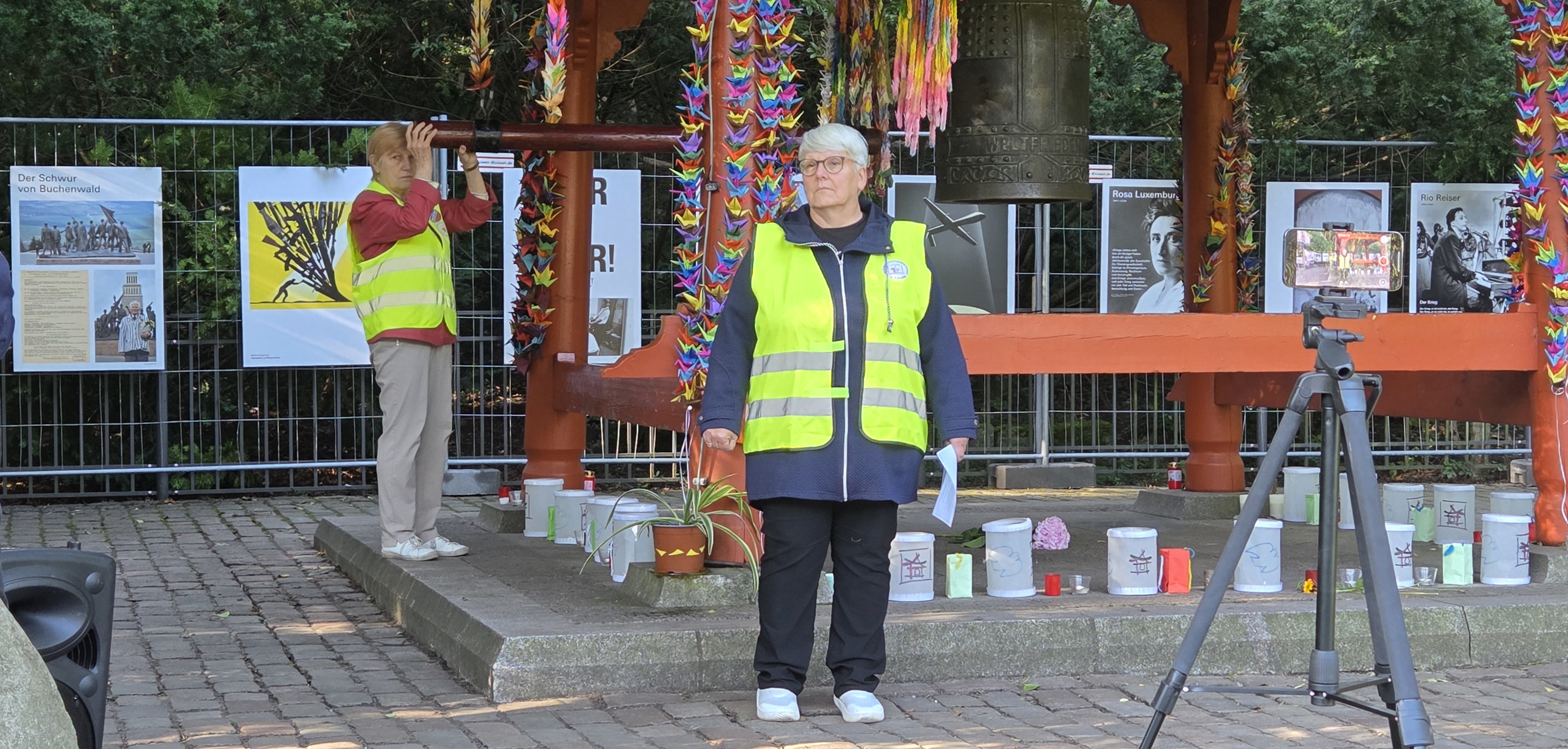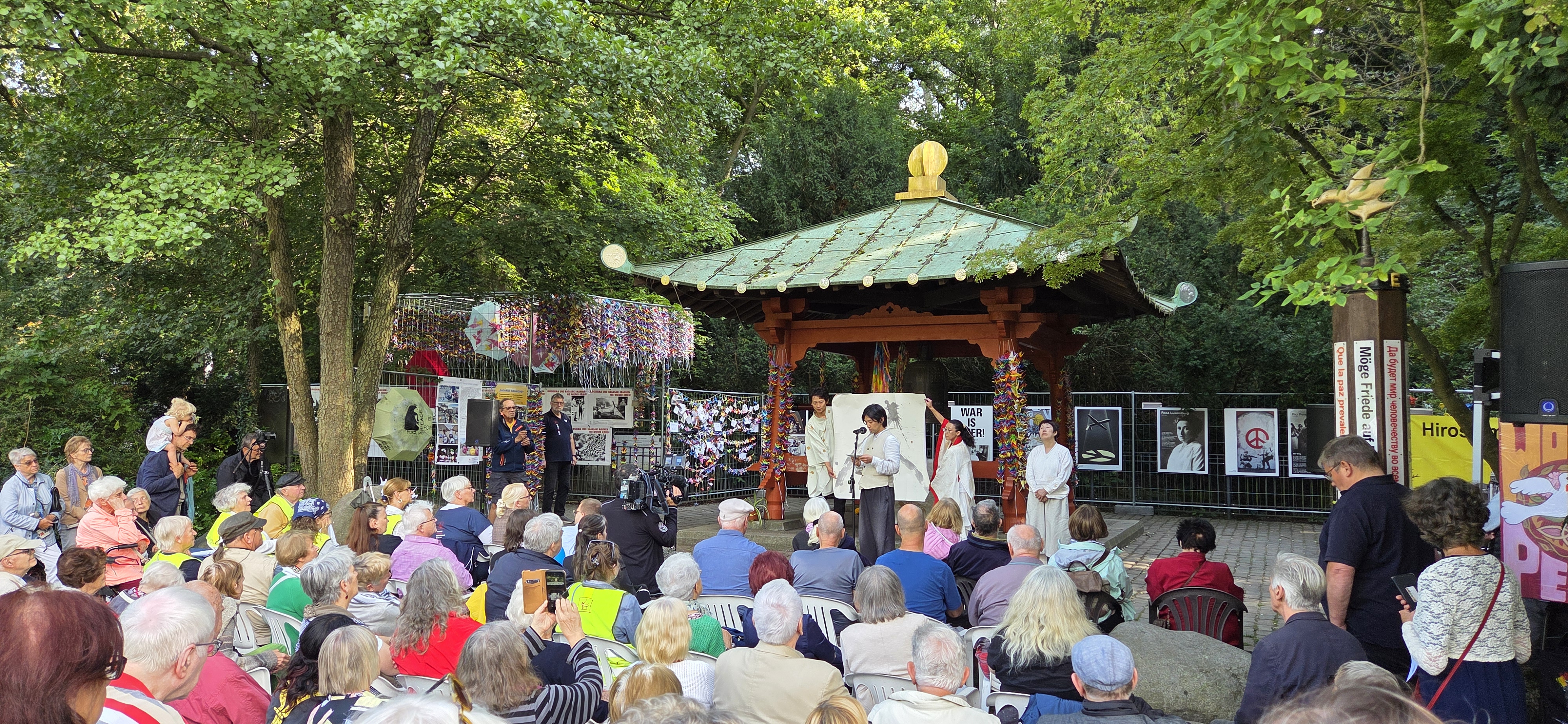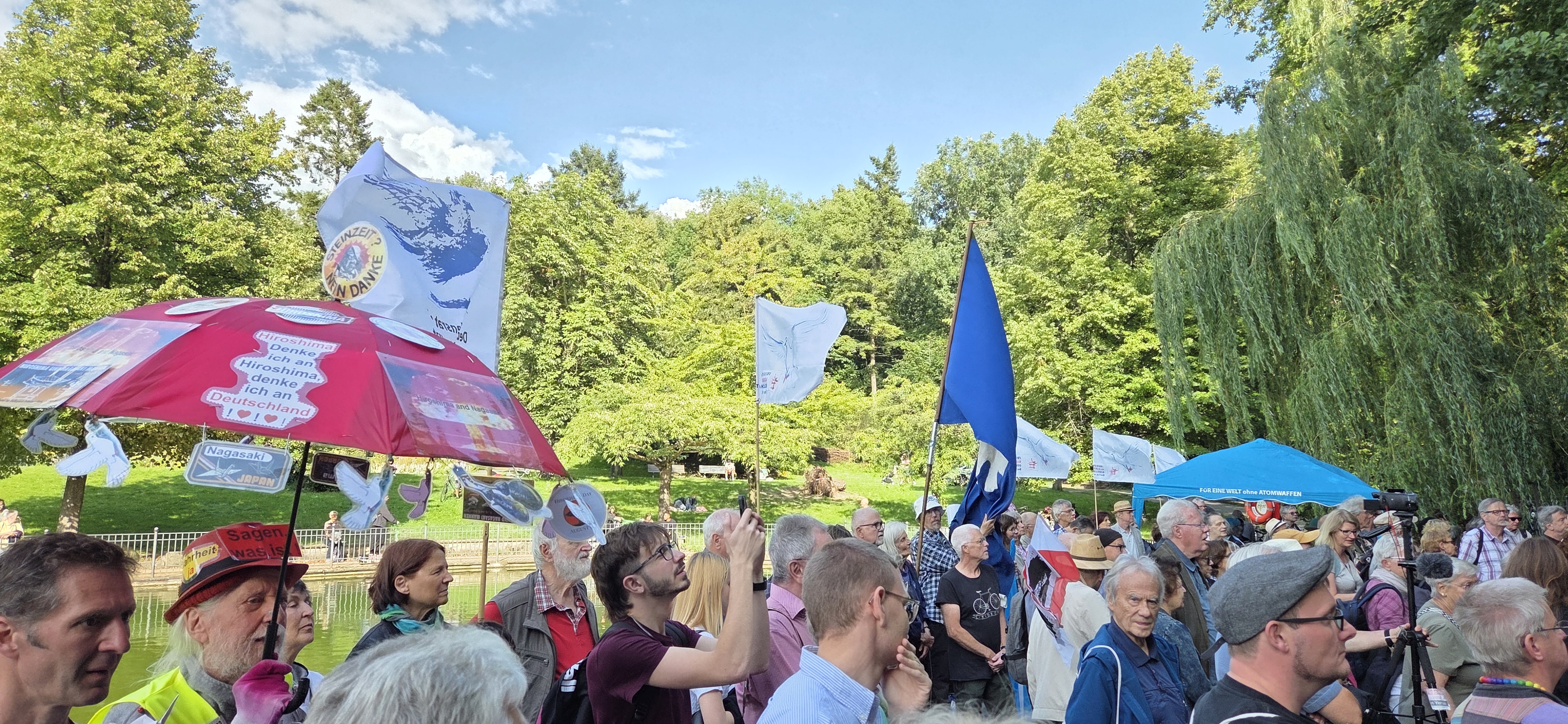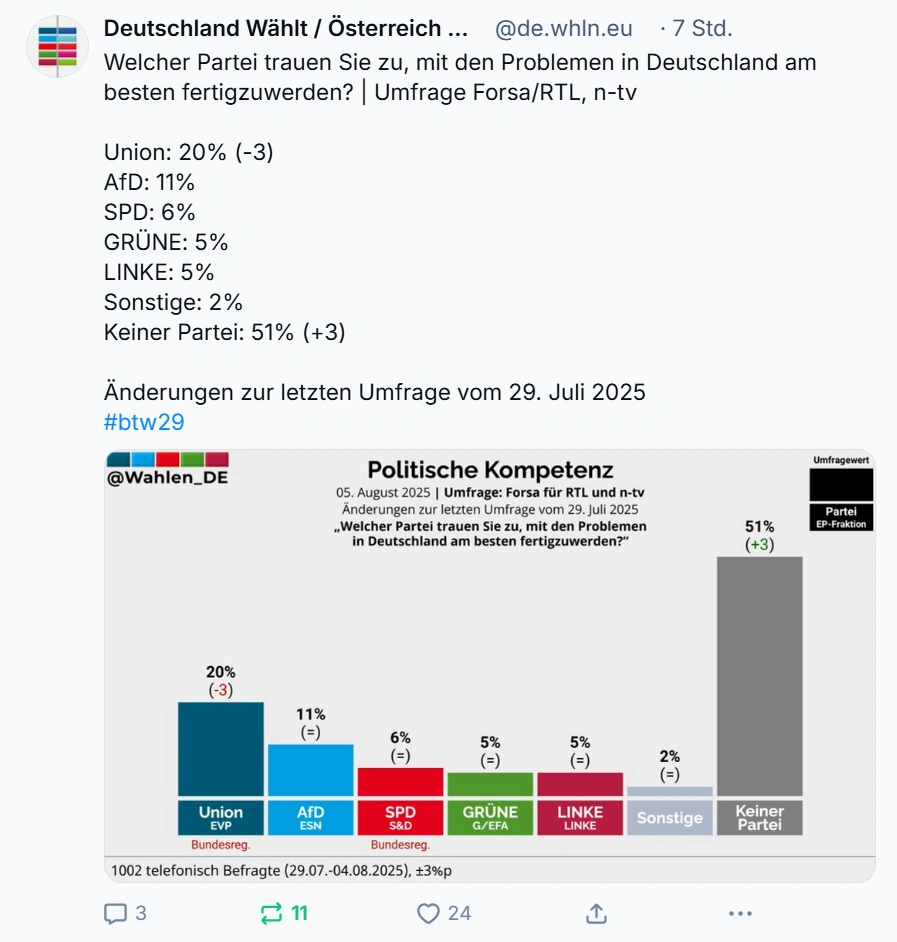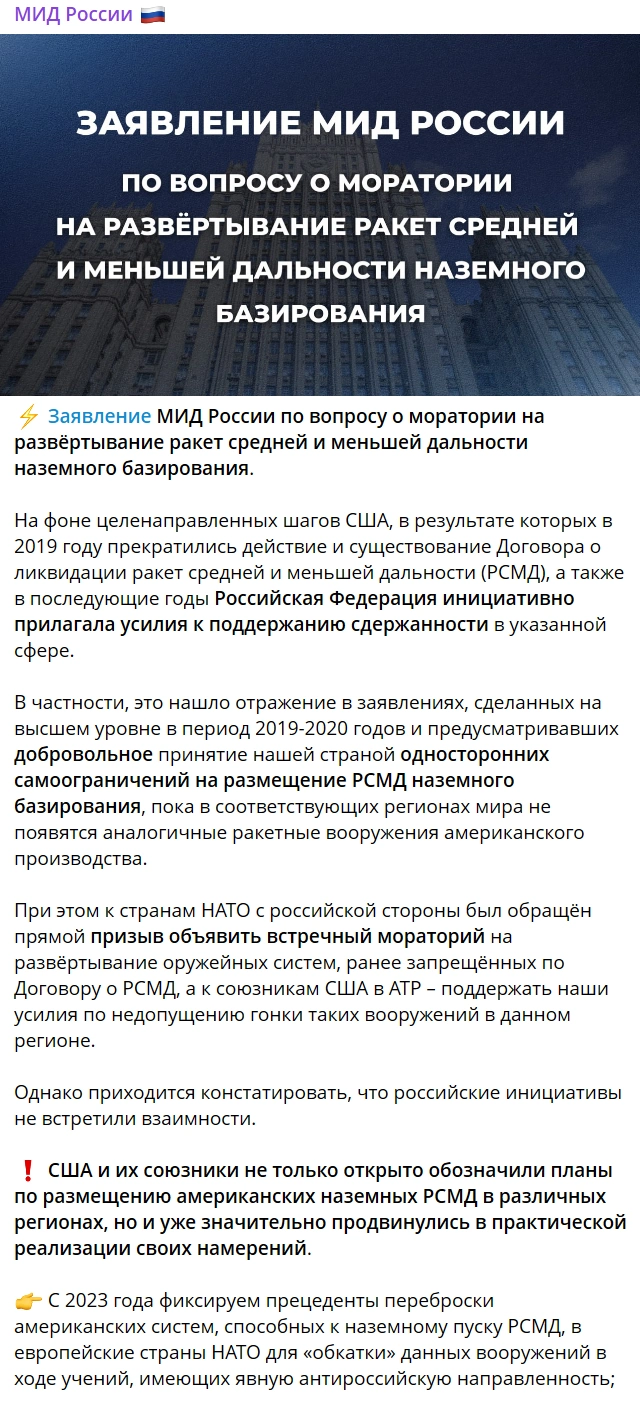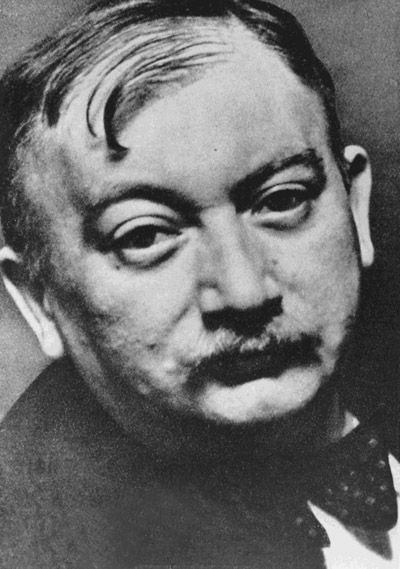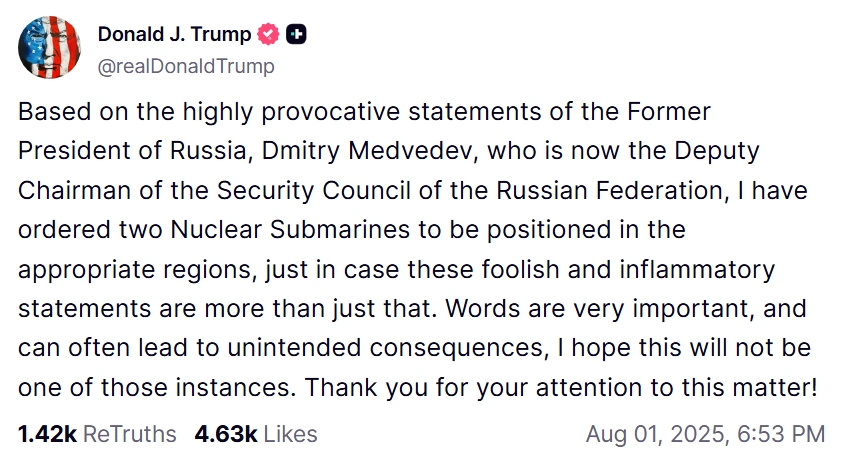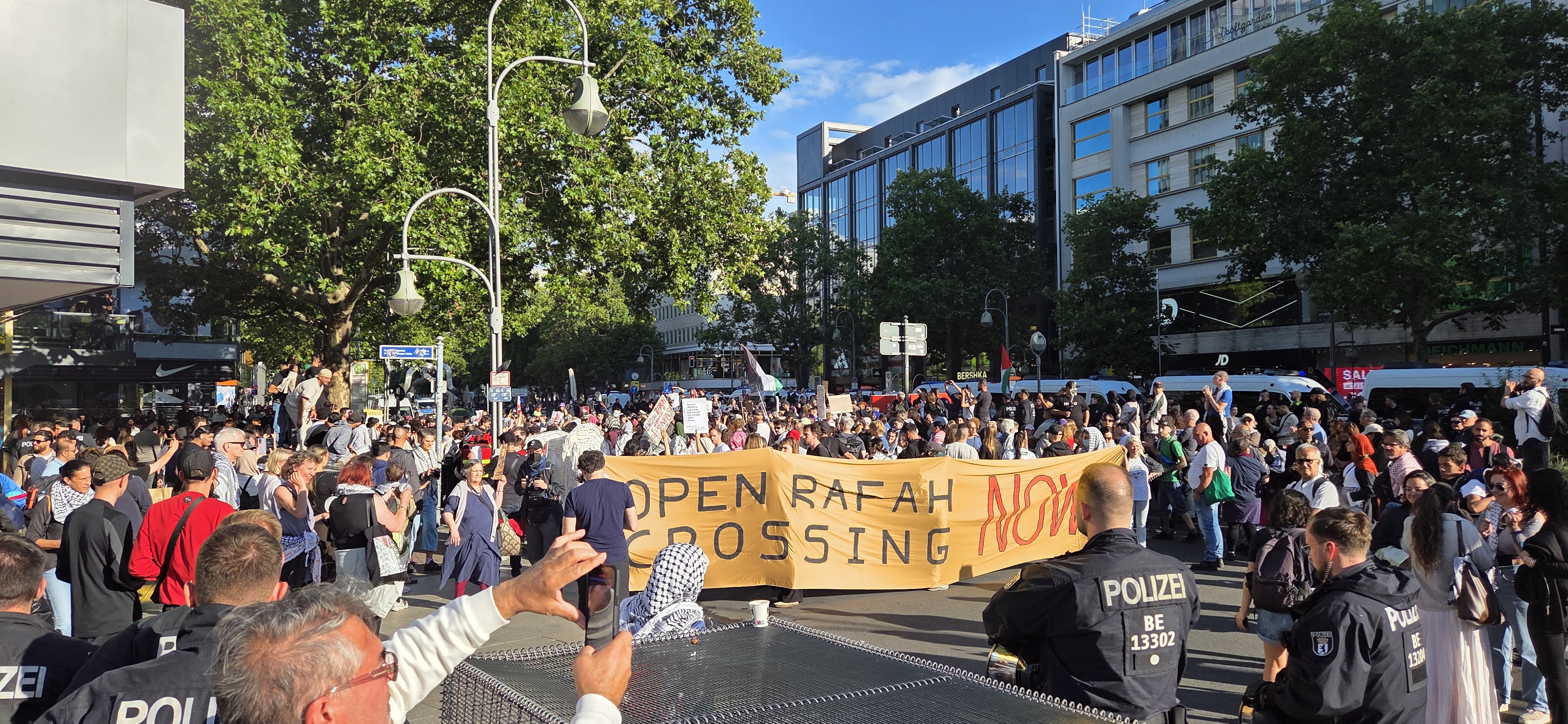
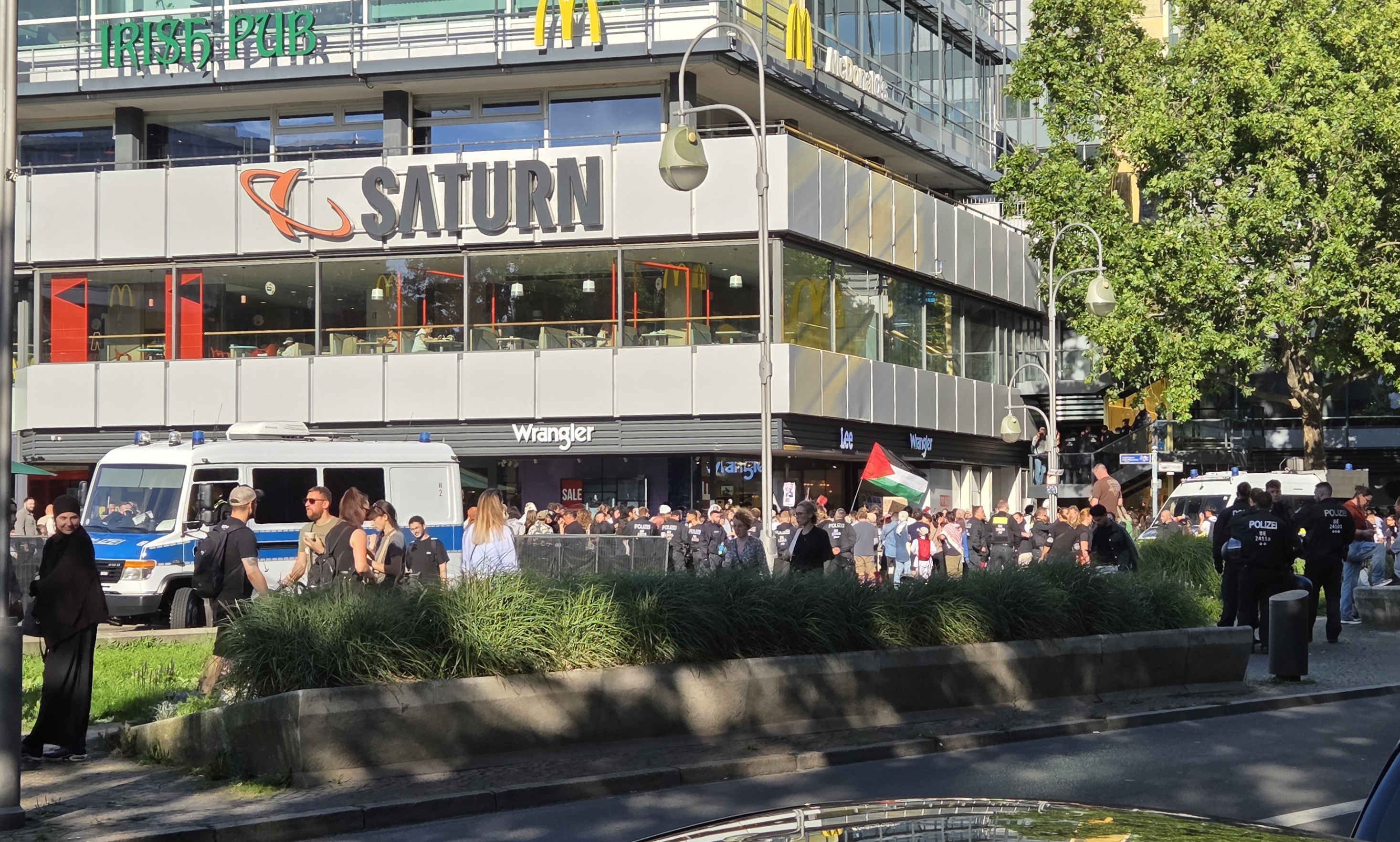
From across Tauentzienstraße or from Breitscheidplatz without view of the Palestinian flag it was not possible to see why there was a loud crowd of people on the street. The Polizei kept everyone very effectively kettled behind barricades and at 18:32 started announcing the demonstration had been ended, people were to disperse in the direction of Wittenbergplatz or face arrest. After an hour of listening to the banging of pots and pans, shouts of „viva, viva, Palestina!“, „intifada, revolution!“, „One solution: revolution!“, „Hoch die internationale Solidarität!“, chants of „shame on you!“ and the police threatening everyone with arrest I left.
Had an interesting conversation with a woman whose sign I commented on about how difficult it is to get coworkers to talk about Gaza. I said I try each week over company lunches and colleagues uniformly will talk about food, the weather, but not Gaza. She agreed sympathetically, „Ah, die Deutschen!“ but her partner pointed out I had earlier said I was an American, and I agreed: I work with an international staff, and colleagues from various nations all refuse to discuss Gaza.
